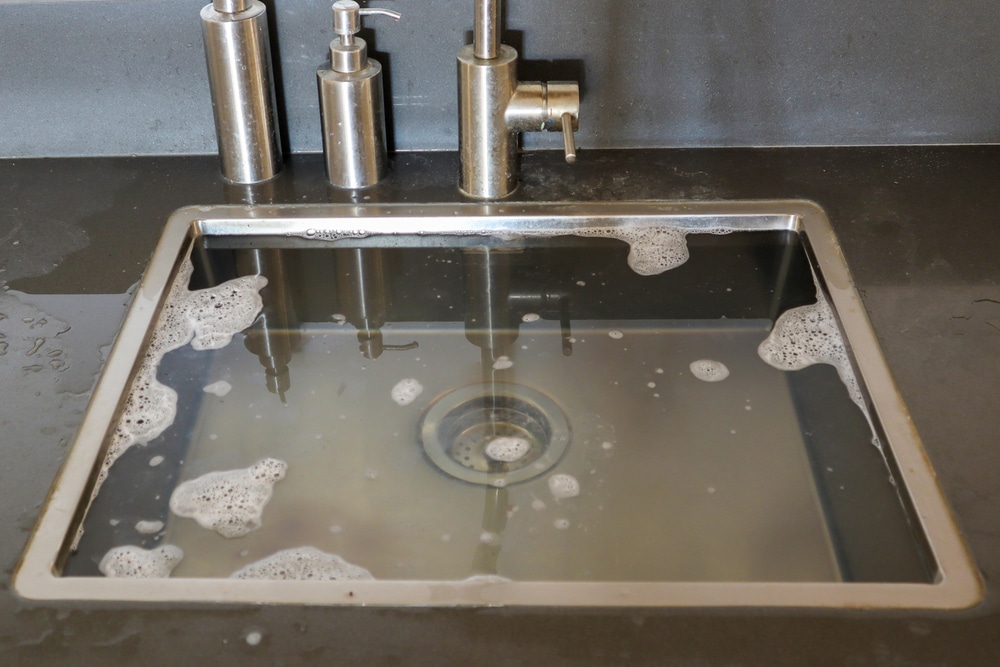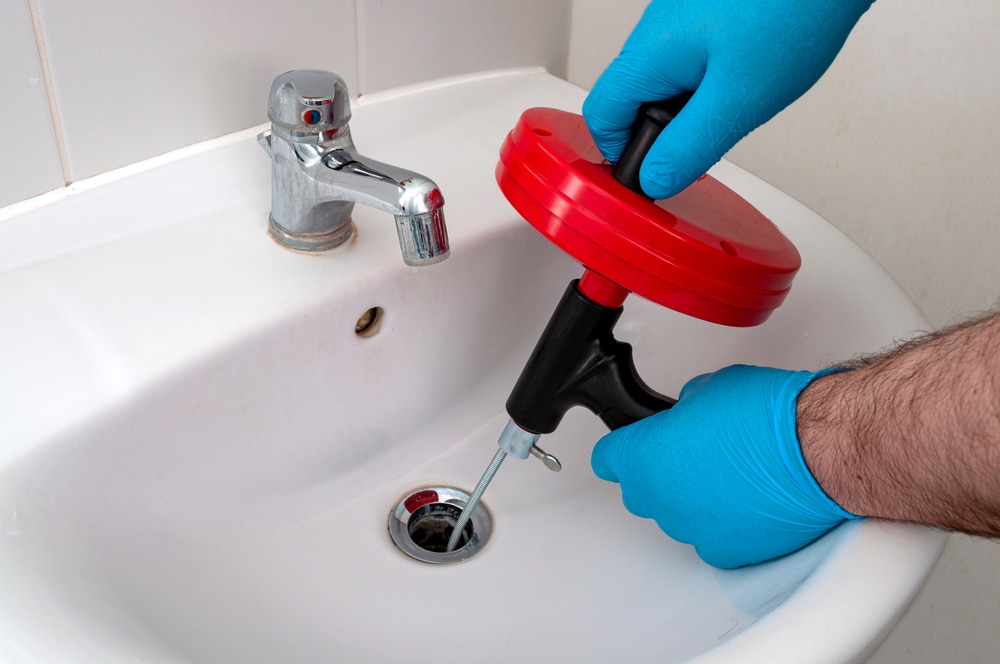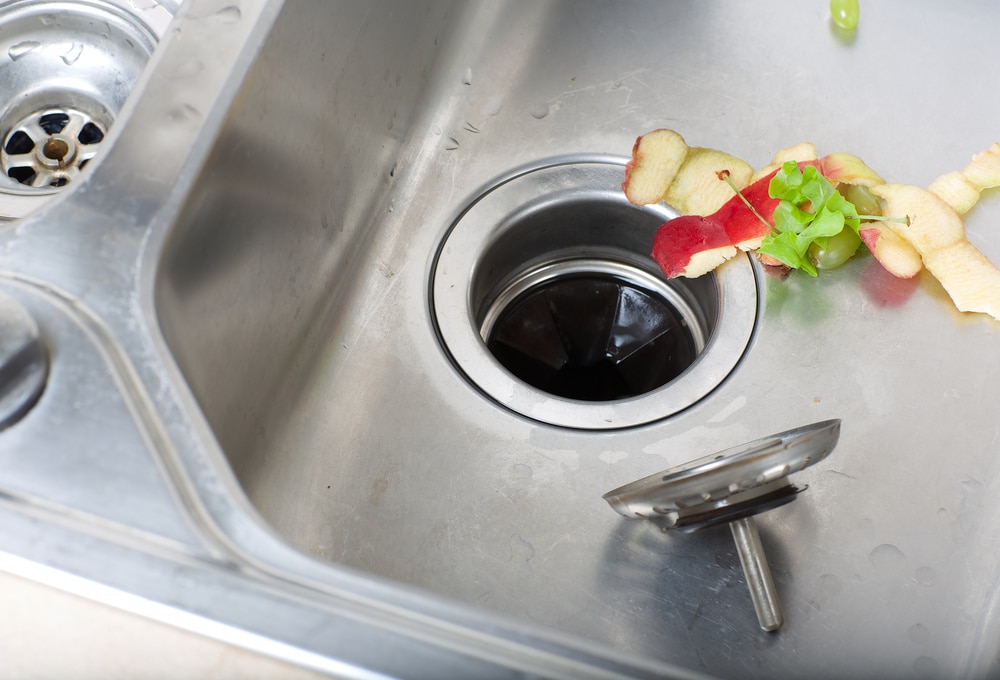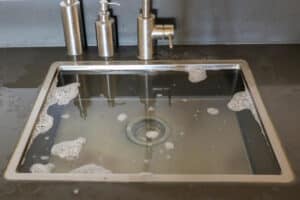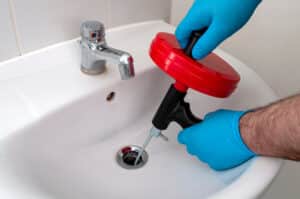Clogged drains and pipes are a common problem that can cause frustration and inconvenience. Whether it’s a slow-draining sink or a backed-up toilet, dealing with clogs can be a hassle. However, preventing clogs is much easier than dealing with them after they occur. In this article, we will explore some of the most effective ways to prevent clogs in your home. We’ll discuss simple yet practical tips that you can implement right away to keep your drains and pipes flowing smoothly. So, whether you’re a homeowner or renter, read on to learn how to prevent clogs and keep your plumbing system in good shape.
Common Causes of Clogs
Before we dive into prevention tips, it’s important to understand the common causes of clogs. Clogs can be caused by various factors such as hair, grease, food particles, soap scum, and other debris that accumulate over time. In the bathroom, hair is the most common culprit. Hair can easily get tangled in the drain and create a blockage. Soap scum and mineral deposits can also accumulate over time and cause clogs. In the kitchen, grease and food particles are the main culprits. Grease can solidify and create a blockage, while food particles can get stuck in the pipes and cause clogs. In the toilet, flushing non-flushable items such as wipes, feminine products, and paper towels can cause clogs.
The Importance of Preventative Maintenance
Preventative maintenance is key to preventing clogs. Regular drain cleaning can help prevent build-up and keep your plumbing system in good condition. It’s important to note that preventative maintenance is not a one-time fix. It should be done regularly to ensure that your plumbing system stays in good shape. Neglecting preventative maintenance can lead to costly repairs down the line.
Tips for Preventing Bathroom Clogs
To prevent bathroom clogs, there are a few simple tips you can follow. First, use a drain strainer to catch hair and other debris before it goes down the drain. This will help prevent hair from getting tangled in the drain and causing a blockage. Second, clean your drain regularly to prevent build-up. You can use a mixture of baking soda and vinegar to clean your drain. Simply pour the mixture down the drain and let it sit for a few minutes before rinsing with hot water. Third, avoid pouring hot grease down the drain. Hot grease can solidify and create a blockage. Instead, let the grease cool and dispose of it in the trash.
Tips for Preventing Kitchen Sink Clogs
In the kitchen, preventing clogs is all about being mindful of what you put down the drain. First, avoid pouring grease down the drain. Instead, let the grease cool and dispose of it in the trash. Second, use a strainer to catch food particles before they go down the drain. Third, avoid putting non-food items down the drain. This includes items such as paper towels, wipes, and feminine products.
Tips for Preventing Toilet Clogs
To prevent toilet clogs, there are a few simple tips you can follow. First, only flush toilet paper down the toilet. Flushing non-flushable items such as wipes, feminine products, and paper towels can cause clogs. Second, avoid using too much toilet paper. Using too much toilet paper at once can cause a blockage. Third, clean your toilet regularly to prevent build-up. You can use a mixture of baking soda and vinegar to clean your toilet bowl. Simply pour the mixture into the bowl and let it sit for a few minutes before scrubbing and flushing.
Natural Remedies for Preventing Clogs
There are a few natural remedies that you can use to prevent clogs. First, baking soda and vinegar can be used to clean drains and pipes. Simply pour a cup of baking soda down the drain, followed by a cup of vinegar. Let the mixture sit for a few minutes before flushing with hot water. Second, boiling water can be used to flush out clogs. Simply pour a pot of boiling water down the drain to flush out any build-up.
Tools for Preventing and Clearing Clogs
There are a few tools that you can use to prevent and clear clogs. First, a plunger can be used to clear clogs in the toilet and sink. Second, a drain snake can be used to clear clogs in the pipes. A drain snake is a long, flexible tool that can be inserted into the drain to clear out any blockages. Third, a drain strainer can be used to prevent clogs from occurring. A drain strainer is a small mesh device that fits over the drain to catch hair and other debris before it goes down the drain.
When to Call a Professional
If you’re unable to clear a clog on your own, it may be time to call a professional plumber. A plumber can use specialized tools and equipment to clear stubborn clogs and prevent future ones from occurring. It’s important to address clogs as soon as possible to prevent damage to your plumbing system.
Conclusion
Preventing clogs is much easier than dealing with them after they occur. By following these simple tips, you can keep your drains and pipes flowing smoothly and prevent costly repairs down the line. Remember to regularly clean your drains and be mindful of what you put down the drain. If you do experience a clog, try using natural remedies or tools such as a plunger or drain snake to clear it. And if all else fails, don’t hesitate to call a professional plumber to prevent further damage to your plumbing system.

